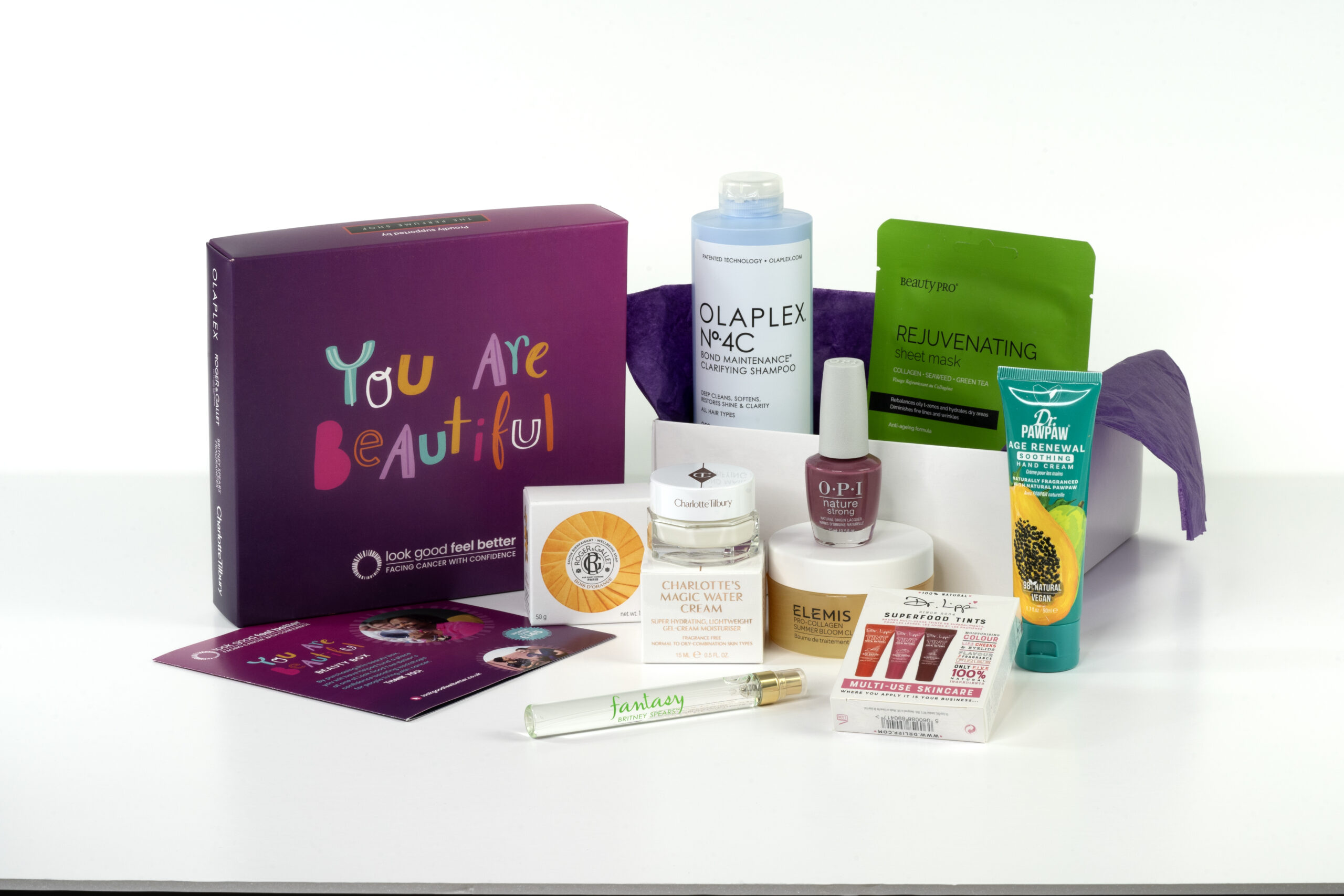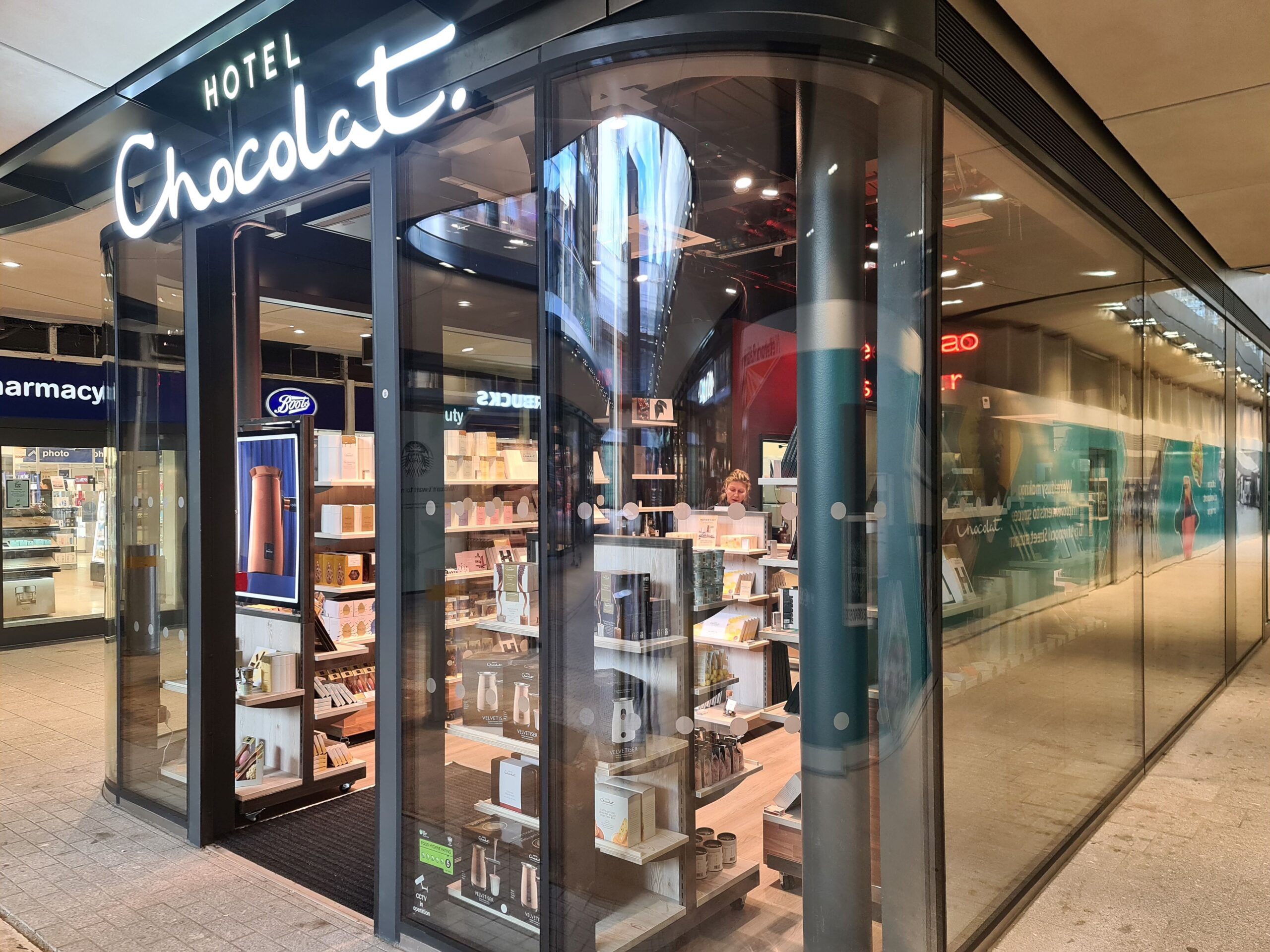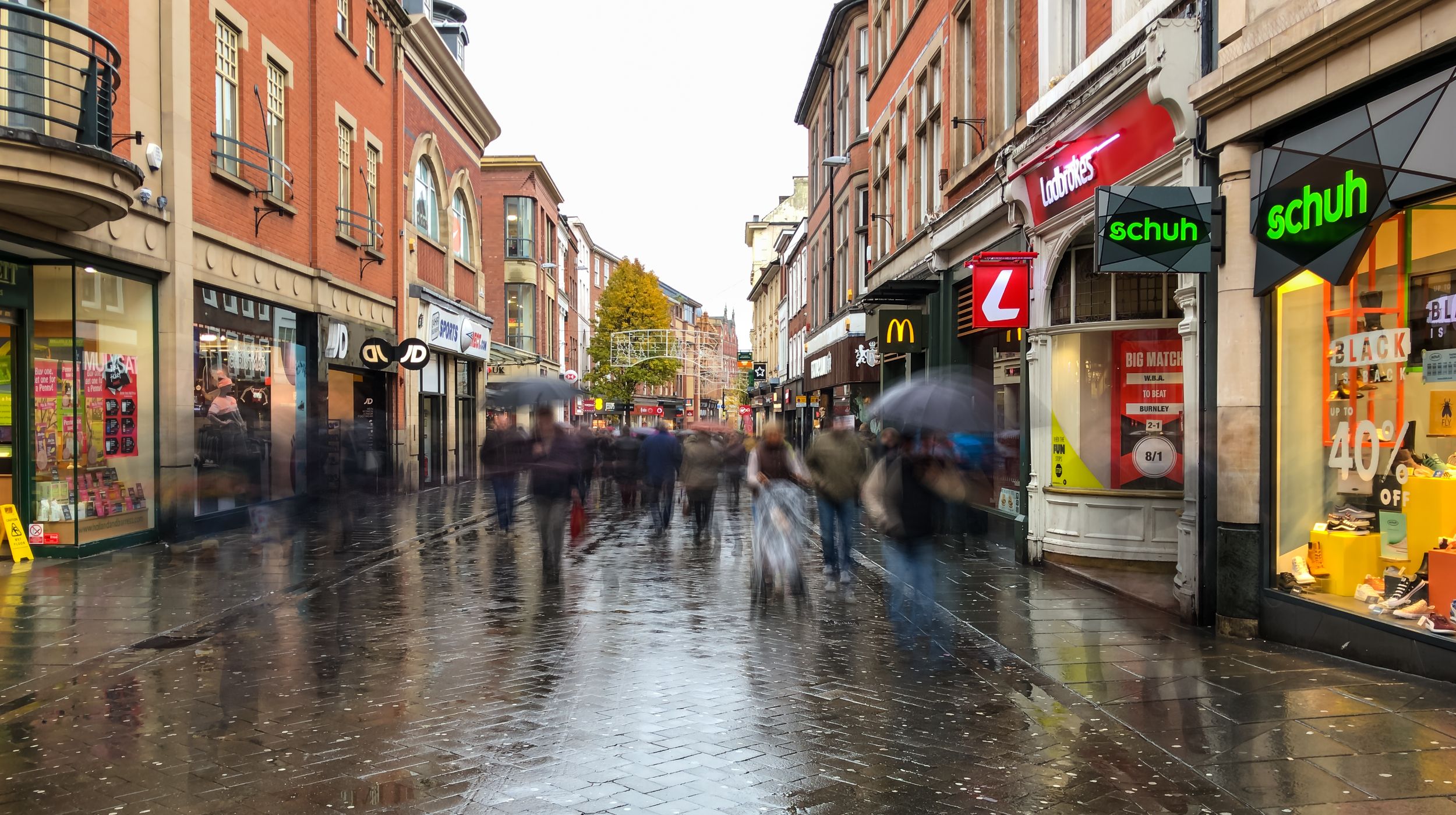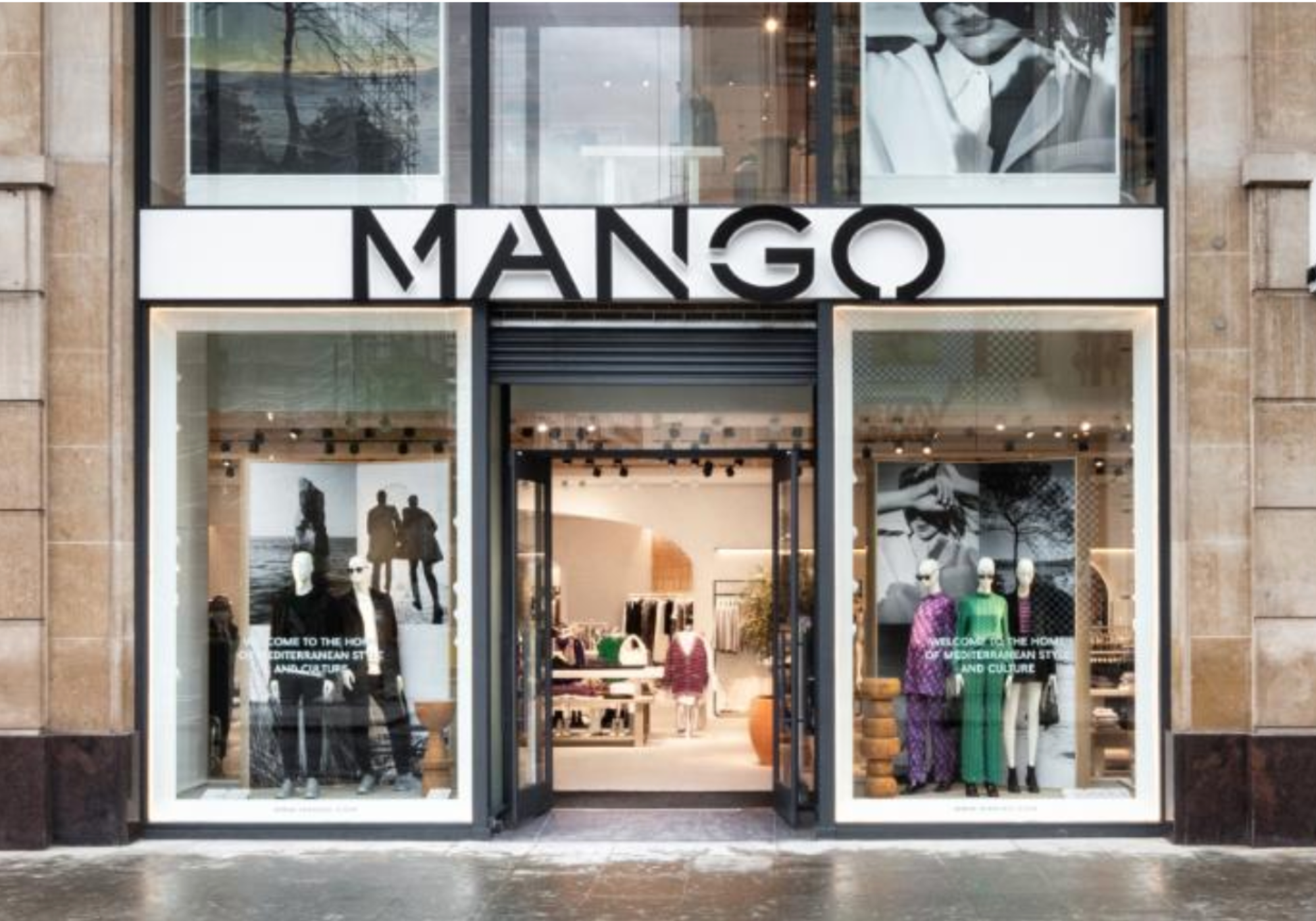Grocery has moved online fast over a year marked by Covid-19 lockdowns – but now new analysis suggests that the shift online threatens supermarket profitability.
In the UK around 5% of grocery sales were online before the pandemic, but that has since more than doubled. ONS figures suggest that 10.7% of food sales took place online in August 2021,
while new research from trade credit insurer Euler Hermes puts the figure at around 12% of grocery sales. That’s higher than in European markets including France (8%), Italy, Spain and Germany (all 4%).
Euler Hermes warns that for every percentage point increase in online market share, retailers could lose £246m in profit because of the extra costs of online fulfilment. Its calculations assume that UK retailers operate with an EBITDA (earnings before interest, tax and asset write downs) of 3.7% – the European average – while online fulfilment has a profit margin of -10%. Even if profit margins stood at -5% and 0%, profits would still fall by £156m and £66m respectively, says Euler Hermes.
Its report, European food retailers: The bitter digital aftertaste of the Covid-19 legacy, says that within the eurozone, every percentage point of grocery sales that move online will threaten €13.6bn in sales and up to €1.9bn in profits.
The threat to market share and profits, exacerbated by current supply chain issues, is set to threaten both market share and profits, says Euler Hermes. But retail boards that accelerate investment in digital capabilities will equalise profits between their online and physical operations.
Aurelien Duthoit, senior sector advisor for macroeconomic research at Euler Hermes, says: “The UK’s already well-developed appetite for online grocery shopping has left it overexposed by the surge in household demand during the pandemic. As we head into the traditionally busy ‘golden quarter’ amid disruption and increased costs across the supply chain, it’s imperative that retailers are able to meet any further uptick in online demand efficiently.
“While grocers are looking to attract customers back to their stores following successive lockdowns, they should be looking to rotate their investment to adjust for a sustained increase in ecommerce. Investment in the past 12 months has rightly focused on expanding online capacity but more sustainable models will need to prioritise profitability – including a redesign of current logistics infrastructure and extensive uptake of new warehouse automation technologies.
“We’d also expect to see fledgling partnerships between traditional retail brands and food technology businesses continue to blossom – be that delivery specialists, dark store operators or logistics companies offering software and warehouse services.”







